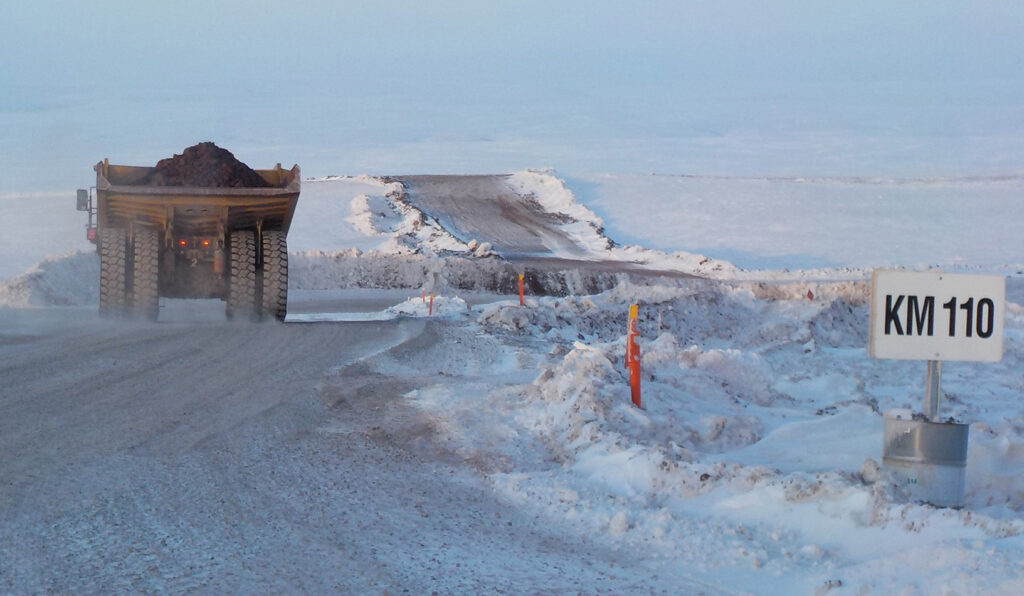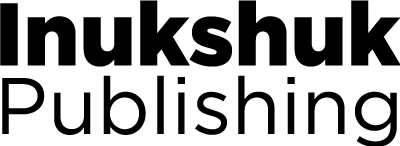Baffinland applies for Phase 2 Mary River expansion

In August 2018, Baffinland Iron Mines filed an application with the Nunavut Impact Review Board to increase annual production, now at 4.2 million tonnes, to 12 million tonnes. Included in the application were plans to build a rail line from the Mary River mine to Milne Inlet, 110 km northeast, to the company’s shipping port. The company received approval in October to ship six million tonnes in 2019 and is now seeking to raise that to 12 million tonnes. This rail line would be in addition to the 150 km rail line, approved by NIRB in 2012, to Steensby Inlet, on the south shore of Baffin Island. It was not built then because of low global iron ore prices. Instead, Baffinland built a haul road to Milne Inlet, constructed a loading facility, bought a fleet of haul trucks and began the phased approach to mine expansion, shipping 3.5 million tonnes in 2014. These two rail lines would be the first ever built in Canada’s Arctic.
Last year, Baffinland applied to increase shipping to six million tonnes and to build a new 380-person camp and a 15-million liter tank farm at Milne Inlet. NIRB approved the facilities construction but rejected the production increase. The Qikiqtani Inuit Association, the Hamlet of Pond Inlet and the Mittimatalik Hunters and Trappers Organization wrote to Northern Affairs Minister Dominic LeBlanc asking him to reject NIRB’s ruling to ensure that benefits to Inuit, such as those in the newly-renegotiated Inuit Impacts and Benefits Agreement (IIBA), not be lost. The application received ministerial approval in early October. Baffinland announced the amended IIBA in October. It would see increased employment and training for beneficiaries, and construction of a $10 million state of the art training facility at Pond Inlet, among other benefits. In 2017, the number of Inuit employees at the mine was 12.9 percent, slightly more than half the 25 percent hiring quota.
The mine has struggled with profitability since beginning production. The world iron ore price is 50 percent less in 2018 than it was at mine startup in 2014 and lower than the production costs. By increasing production to 12 million tonnes, the per-tonne cost would be reduced and improve the mine’s long-term viability. As reported by Nunatsiaq News, the Nunavut Planning Commission has agreed to amend the North Baffin Regional Land Use Plan to allow for the construction of the railway to Milne Inlet, and Nunavut Tunngavik Inc., the Nunavut, and federal governments have also all agreed. NIRB and the Nunavut Water Board will hold a three-day technical hearing in Iqaluit in March 2019 and NIRB will hold a public hearing in Pond Inlet in May. Its final report will go to the Minister in June 2019.

